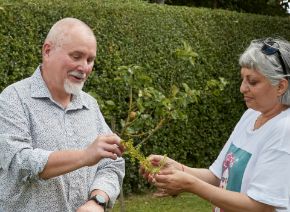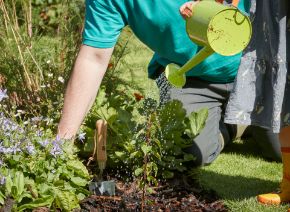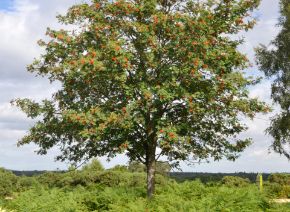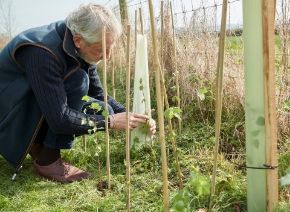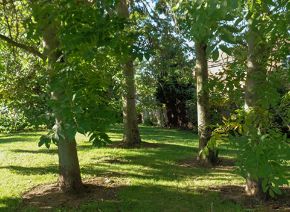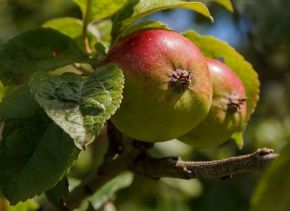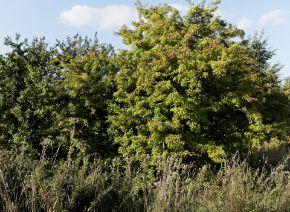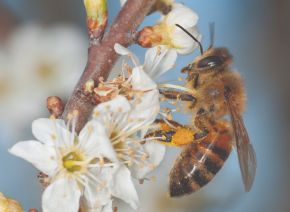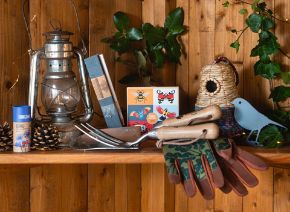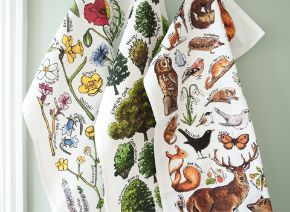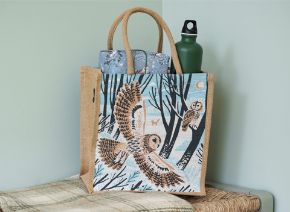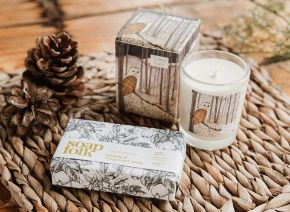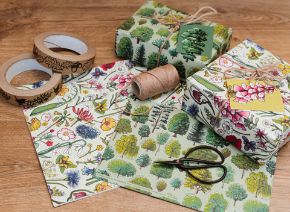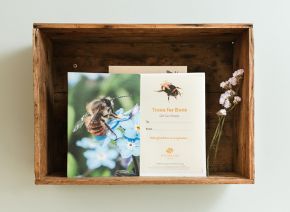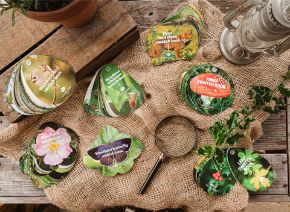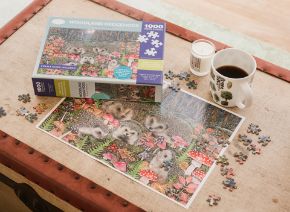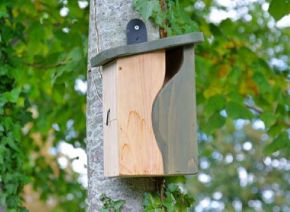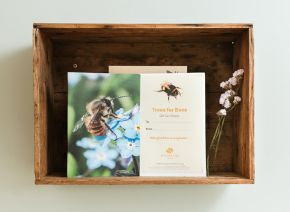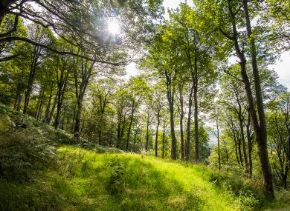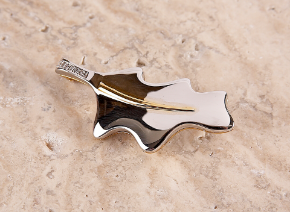English Elm
Ulmus procera
Elm trees are no longer available to purchase to help prevent the spread of Dutch elm disease. A fungus spread by bark beetles, it has killed millions of elm trees in the UK since it was accidentally introduced in the 1960s. As one of our key conservation principles, we want to prevent the spread of diseases like Dutch elm disease and protect the remaining trees and the species that rely on them.
We stock trees for your garden that have similar perks for your outdoor space, plus added benefits for wildlife. However, no one species can fully replace another – it’s important to consider the soil preferences and flowering seasons of your alternative trees.
By planting a pack of native trees, you can help to prevent future tree diseases and provide a diverse range of benefits to the ecosystem. We would recommend:
Garden mix
- Dog rose grow pretty pink flowers and rosehips which feed birds, insects and mammals.
- Silver birch is a striking tree which provides food and habitat for over 300 species of insect.
- Hazel grow yellow catkins and small, bud-like flowers before tasty nuts appear.
- Wild cherry displays beautiful clouds of blossom in spring and grows bright summer fruits.
Buy a garden mix.
Small-leaved lime
- Similar impressive stature and lifespan to elm trees.
- A good replacement for elm trees in neutral soils, but not in alkaline soils.
- Supports hundreds of insect species found in the UK.
- Provides feeding opportunities for small birds like blue tits.
Buy small-leaved lime.
Learn more about this tree on our english elm species profile.
Find out more about Dutch elm disease by visiting our Dutch elm disease profile.



